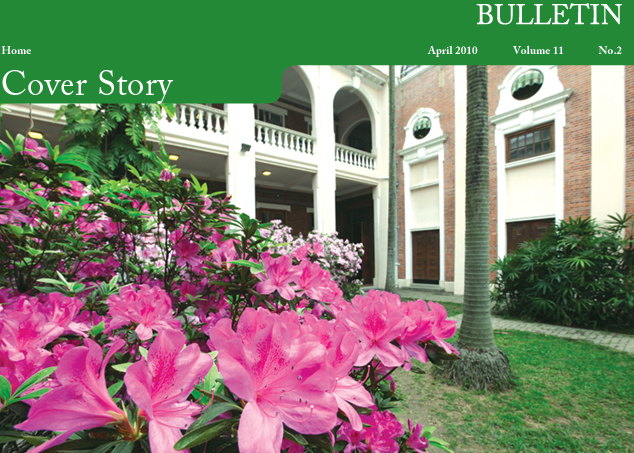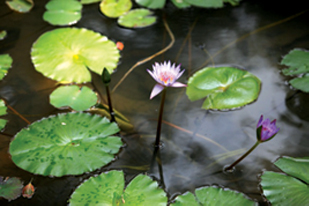

"Educational institutions can play a leading role in adopting greener measures and sending clear messages about what we can all do to achieve greater sustainability."
HKU is the 'green lung' in a densely- populated urban neighbourhood and it is acutely aware of its own impacts and vulnerability in the face of environmental problems. As Hong Kong's leading university, it is also conscious of its potential to be part of the solution.

The University has been addressing sustainability issues for well over a decade and managed to reduce its per capita energy consumption even as student and staff numbers and activities increased (see panel). It is also making the new Centennial Campus a showcase for environmental and sustainability features, and identifying further measures to reduce consumption of resources and make existing buildings more energy efficient.
These efforts augment our academic efforts to find solutions and raise awareness. The environment is one of HKU's five Strategic Research Themes, and susbtainability features in course offered by many of our faculties. Moreover, students are also setting an example to others.
The group Climate Chance, for example, sent a six-member delegation to UN Climate Change Conference in Copenhagen in December with the message that climate change is part of the bigger problem related to development. The group aims to get people to think more critically about how problems arise, and is also developing networks among Hong Kong secondary schools and universities to promote greener lifestyles. A live Skype talk with polar explorer and environmentalist Robert Swan was organized by the group in March, and they also plan an Eco-house exhibition at HKU in the autumn to showcase green technology.